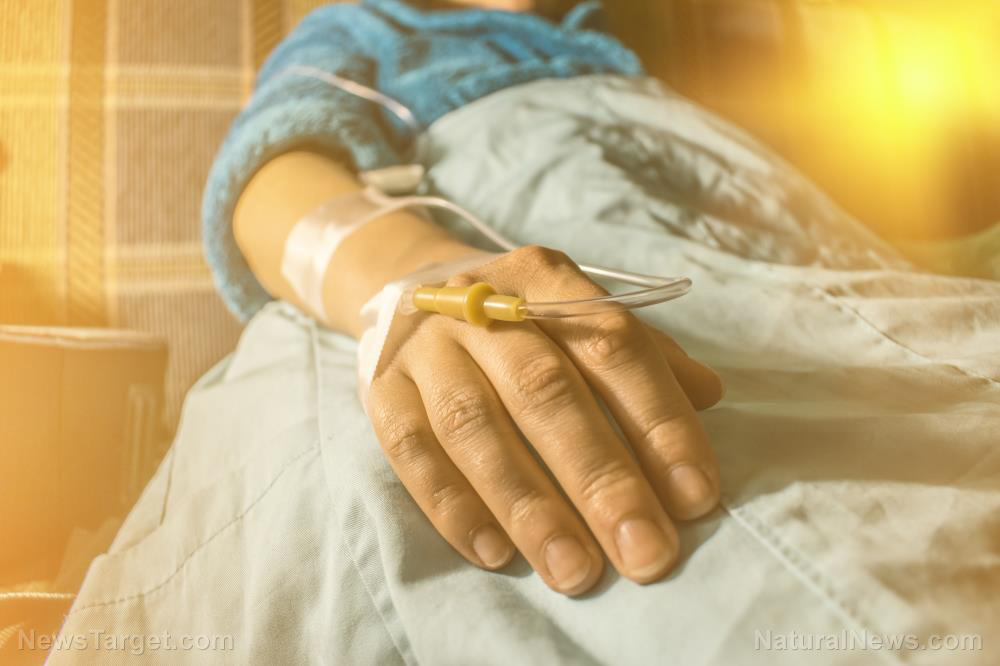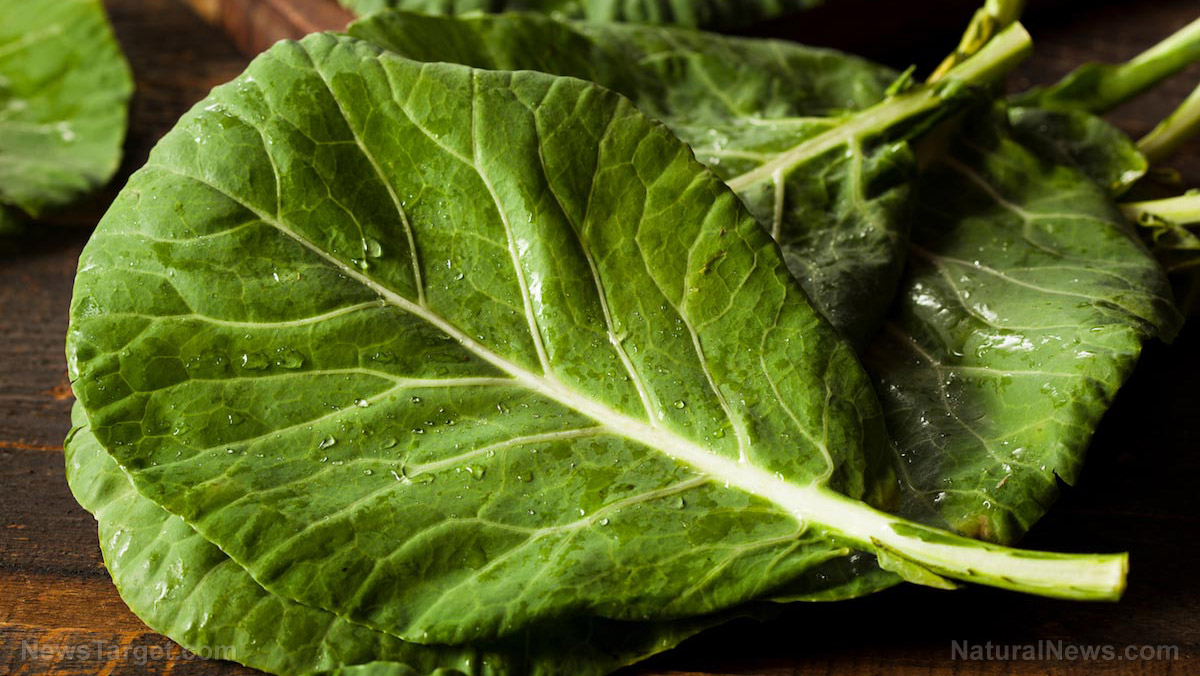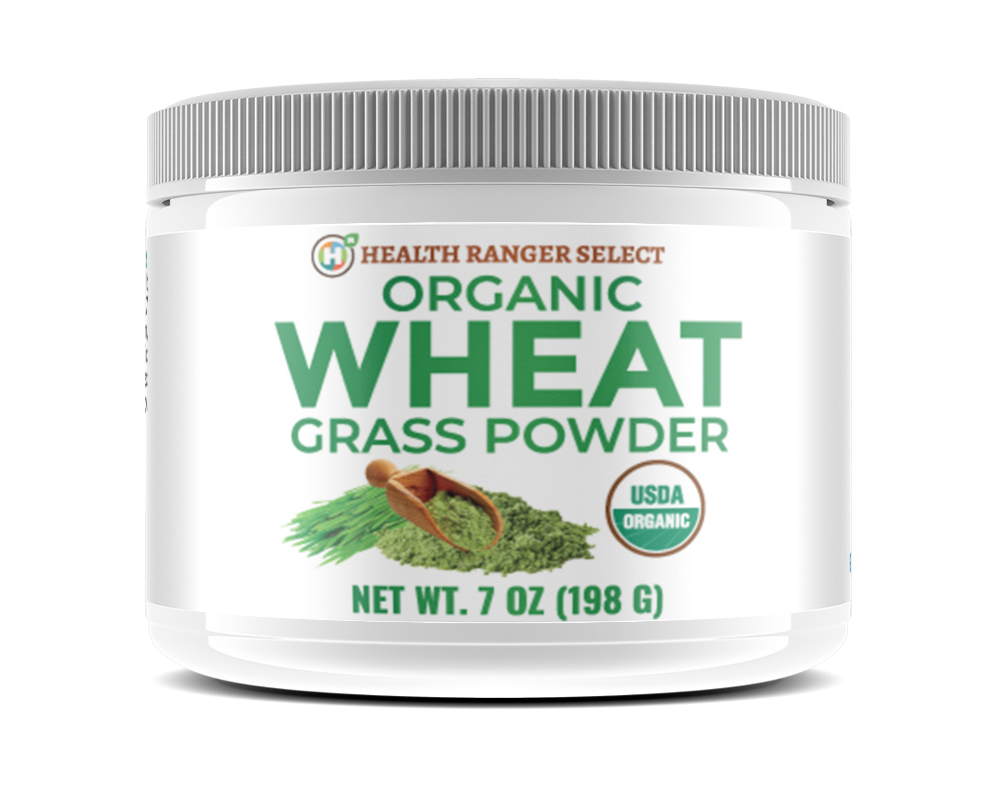Unique antioxidant ALA has a proven capability to regenerate organ tissue
03/08/2019 / By Edsel Cook

Alpha lipoic acid (ALA) is an antioxidant that has well-documented therapeutic effects. It has been proven to regenerate damaged and dying tissue of the liver and pancreas, and it also kills tumorous cells in those organs without harming healthy tissue.
Developed by Dr. Burt Berkson, the curative compound is capable of restoring the liver to a healthy and normal state. It has also been shown to successfully treat some of the deadliest forms of cancer known to man.
ALA was first used to treat patients in the terminal stages of liver disease. It successfully reversed the metastatic condition of the liver, which was previously believed to be impossible, and the patients made full recoveries.
The unique antioxidant was later applied to other equally serious conditions and lethal diseases. In particular, it has been tested on pancreatic cancer, and demonstrated similar levels of effectiveness on the cancerous tumors and metastatic tissue.
Despite its proven efficacy in treating terminal liver and pancreatic diseases, ALA has not received acknowledgement from the American medical community. Big Pharma, the pharmaceutical drug industry that is obsessed with profits, is not interested in a low-cost alternative treatment when it can make much more money off existing, expensive “treatments.” (Related: New study confirms broccoli to be extremely effective at battling liver cancer.)
The deadliest and fastest-spreading cancers in the world
Liver cancer and pancreatic cancer are two of the fastest-spreading and most lethal cancers. In the late stages of the diseases, the tumors will rapidly spread across the remaining healthy parts of the organ through the process of metastasis.
Metastatic cancer will even infect nearby organs, and the proximity between the liver and pancreas make one likely to get infected by the other. When the disease reaches this metastatic stage, the patient only has a few months to live.
Drastic methods are recommended by conventional medicine. The cancerous organ must be removed through surgery and a healthy — not to mention biologically compatible — organ from a donor or dead person must be transplanted into the patient.
A person will survive without a pancreas, but diabetes is practically assured due to the ensuing lack of natural insulin and other hormones that control blood sugar. And while a human can survive with only a partially functional liver for a while, he or she will not survive the complete shutdown of the organ.
An alternative means of reversing liver and pancreatic disease
Alpha lipoic acid therapy offers an alternative and effective way of reversing liver and pancreatic disease without the need for expensive and risky surgical transplants. The natural antioxidant has met success since its first trial in a Cleveland hospital, where Berkson treated two patients in the terminal stage of liver poisoning.
Since that successful initial experiment in the 1970s, Berkson has been exploring the capabilities of ALA in new treatments. All of his patients were in the terminal stages of their disease. Their cancer had metastatized and spread from the originally affected organ to its neighbor. Health care providers believed there was no saving them.
In two papers that he published in the journal Integrative Cancer Therapies, Berkson described how he applied ALA to patients with metastatic pancreatic cancer that had already infected their livers. After a few months of antioxidant treatment, he reported complete elimination of the cancerous tumors in the liver and pancreas.
Furthermore, the effects of ALA appeared to last a very long time. Berkson reported in a 2007 paper that one of his patients did not show any signs of his pancreatic cancer coming back for more than eight years. These and other studies support alpha lipoic acid as a treatment for liver and pancreatic diseases.
Sources include:
Tagged Under: alpha-lipoic acid, alternative cancer solution, alternative medicine, antioxidant compound, Big Pharma, liver cancer treatment, metastatic liver cancer, natural health, nutrients, pancreatic cancer treatment, research, supplements




















